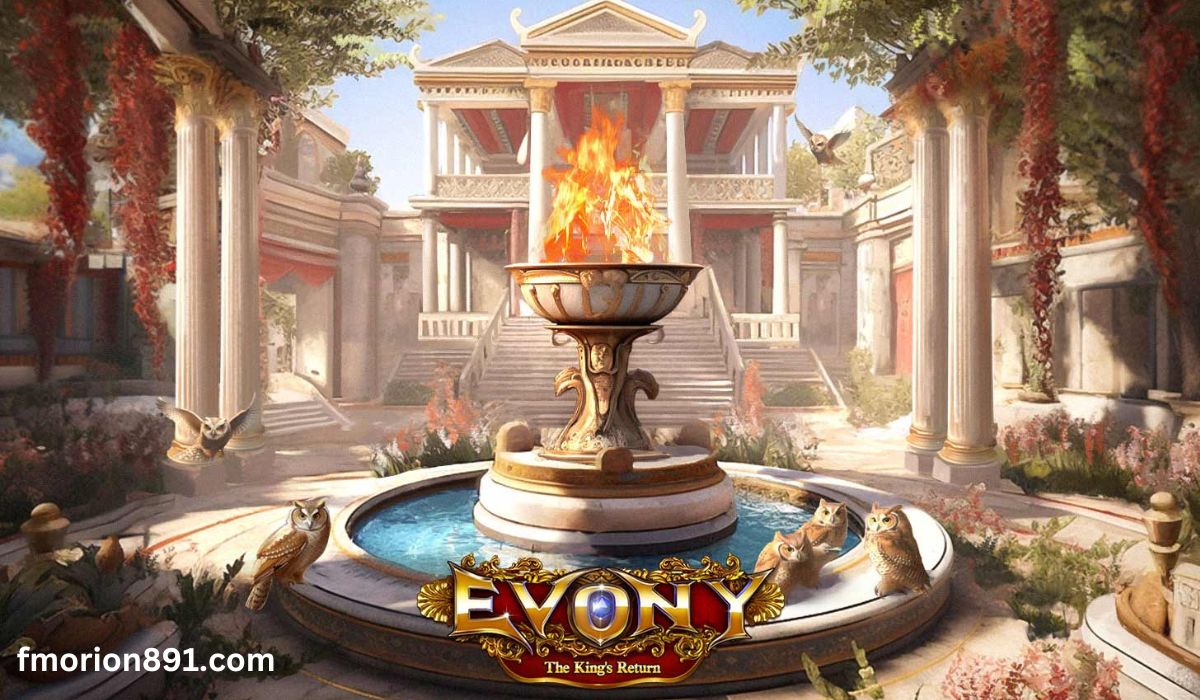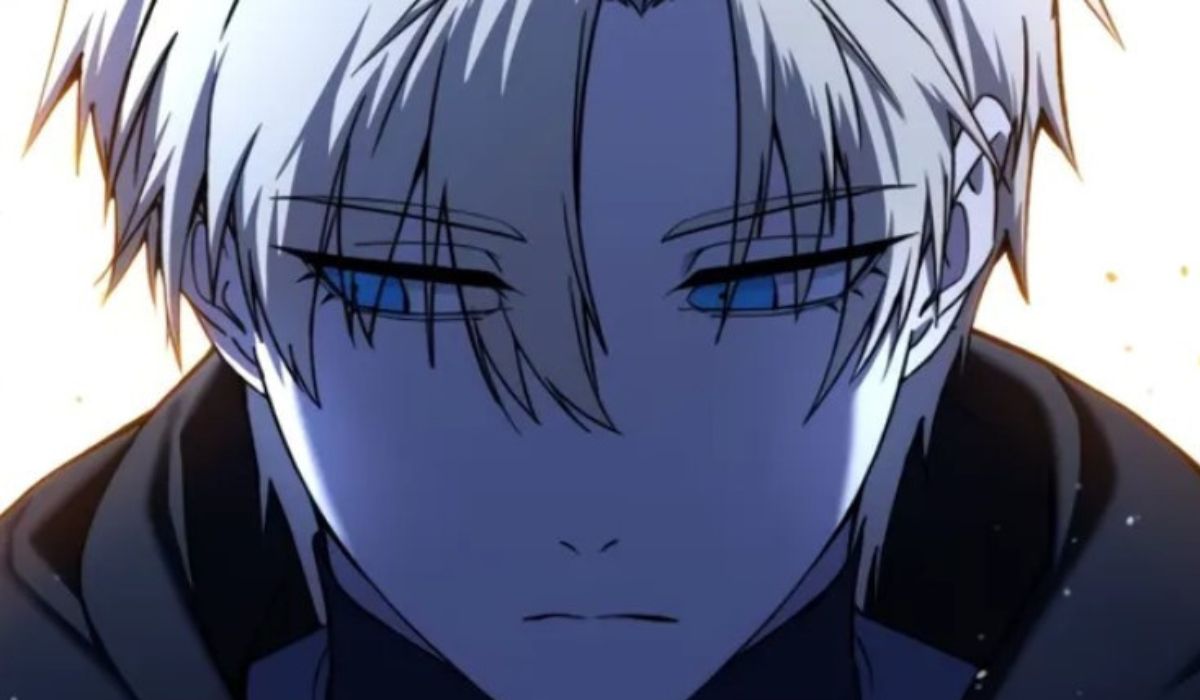Introduction
In the pantheon of ancient Egyptian gods, Horus stands out as a figure of immense power and significance. Known for his role as the avenger of his father Osiris and a protector of the living, Horus’s influence stretches across various aspects of Egyptian culture and mythology. The “Revelation of Horus Evony” delves into the divine unveiling of Horus, exploring its historical, cultural, and spiritual dimensions. This article aims to uncover the depths of this ancient revelation and its lasting impact.
Horus: The Eye of Ra
The Origins of Horus
Horus, one of the most prominent deities in Egyptian mythology, is often depicted as a falcon or a man with a falcon’s head. His origins trace back to the early dynastic periods of Egypt, where he was revered as the son of Osiris and Isis. According to myth, Horus was born to avenge his father Osiris’s killed by his uncle Set, thus establishing his role as a protector and avenger.
The Eye of Horus
The Eye of Horus are also known as the Wedjat or Udjat, is one of the most powerful symbols in ancient Egyptian culture. It represents protection, health, and restoration. The symbol is often depicted as a stylized eye with distinctive markings, and it was believed to offer divine protection and healing. The Eye of Horus was used extensively in amulets and inscriptions, reflecting its importance in everyday life and religious practices.
Horus’s Role in Egyptian Mythology
In Egyptian mythology, Horus is celebrated for his various roles, including that of a sky god, a god of kingship, and a protector of the realm. His role as a sky god is linked to his association with the sun and the moon, embodying the principles of order and justice. As a god of kingship, Horus was seen as the legitimate ruler of Egypt, and pharaohs often claimed descent from him to legitimize their reign.
The Revelation of Horus: A Divine Unveiling
The Concept of Revelation
In the context of ancient Egyptian mythology, “revelation” refers to the divine unveiling or disclosure of sacred knowledge and power. The Revelation of Horus symbolizes the moment when Horus’s divine attributes and powers were fully revealed to humanity or to a specific audience, providing insights into his role and significance. This concept often involves the communication of divine will or the granting of special knowledge.
The Timing of the Revelation
The specific timing or event associated with the Revelation of Horus can be somewhat elusive, as it intertwines with various mythological narratives and historical periods. This divine unveiling may have been celebrated in temples and through ceremonial rites that highlighted Horus’s divine attributes.
- The Impact of the Revelation on Egyptian Culture
Religious Texts and Rituals
The Revelation of Horus is reflected in various Egyptian religious texts and rituals. These texts often describe the divine attributes and powers of Horus, outlining his role in maintaining cosmic order and protecting the realm. Rituals performed in his honor would include offerings, prayers, and ceremonies designed to invoke his protection and blessings. The revelation underscored Horus’s significance in the spiritual and daily lives of ancient Egyptians.
Artistic Representations
Art and architecture from ancient Egypt frequently depict Horus and the symbolism associated with him. The Revelation of Horus would be illustrated through temple carvings, statues, and murals that emphasize his divine attributes and his role in cosmic balance. Artistic representations often show Horus with his distinctive falcon head, symbolizing his connection to the sky and his protective nature.
Cultural Significance
The broader cultural impact of the Revelation of Horus extends to its influence on Egyptian society’s values and beliefs. The divine unveiling reinforced the importance of justice, protection, and order in daily life and governance. Horus’s role as a divine protector and avenger shaped the moral and ethical framework of ancient Egyptian culture, emphasizing the need for balance and righteousness.
Horus and the Afterlife
Horus’s Role in the Afterlife
In Egyptian mythology, Horus played a crucial role in the afterlife. He was believed to guide and protect the souls of the deceased on their journey to the afterlife. As a guardian of the dead, Horus was associated with ensuring a safe passage and favorable judgment in the realm of the deceased. His protective role was crucial in the belief system surrounding the afterlife.
The Eye of Horus and Healing
The Eye of Horus was also linked to healing and protection, both in life and in death. Its use in funerary practices underscores its importance in ensuring the well-being of the deceased in the afterlife. Amulets and inscriptions featuring the Eye of Horus were often placed in tombs to provide divine protection and healing for the departed soul.
The Revelation of Horus in Modern Times
Horus in Contemporary Culture
The figure of Horus continues to captivate modern imagination, appearing in various forms of contemporary culture. From literature and films to video games and art, Horus’s legacy endures as a symbol of power, protection, and divine justice. His image and symbolism are often used to evoke themes of strength and righteousness.
The Relevance of the Revelation Today
The Revelation of Horus remains relevant today as it offers insights into the values and beliefs of ancient Egyptian society. Its lessons about protection, justice, and cosmic balance resonate with modern audiences seeking to understand the complexities of ancient cultures. The enduring significance of Horus serves as a reminder of the timeless nature of divine attributes and their influence on human affairs.
You May Also Like: Kennedy Funding Ripoff Report: Investigating Allegations
Conclusion
The Revelation of Horus Evony provides a fascinating glimpse into the divine unveiling of one of Egypt’s most revered deities. By exploring Horus’s origins, his role in mythology, and the impact of his revelation, we gain a deeper appreciation for his significance in ancient Egyptian culture. The continuing relevance of Horus in modern times highlights the enduring power of ancient symbols and their ability to inspire and inform across centuries.
FAQs
What is the Revelation of Horus Evony?
The Revelation of Horus Evony refers to the divine unveiling of the Egyptian god Horus, exploring his powers and significance in mythology.
How does Horus feature in Egyptian mythology?
Horus is a key deity in Egyptian mythology, known for his roles as a sky god, protector of the living, and avenger of his father, Osiris.
What is the significance of the Eye of Horus?
The Eye of Horus symbolizes protection, health, and restoration. It was widely used in amulets and religious practices for its protective qualities.
How did the Revelation of Horus impact Egyptian culture?
The revelation reinforced Horus’s divine role, influencing religious texts, rituals, and cultural values related to protection and cosmic order.
What role did Horus play in the afterlife?
Horus was believed to guide and protect the deceased in the afterlife, ensuring a safe journey and favorable judgment.










